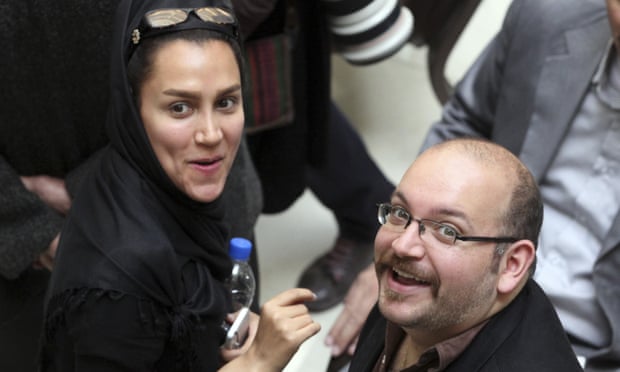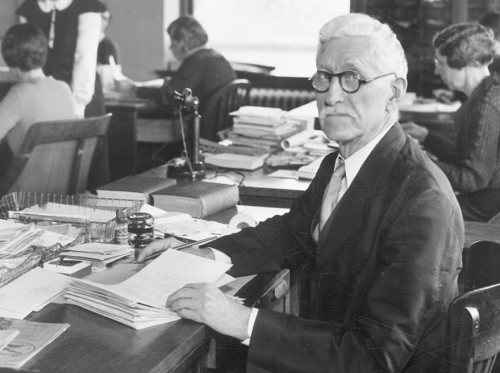 |
| Conservative outrage over the release of prisoners in Iran. |
Of course, no good deed goes unpunished. According to the ney sayers of the right wing media, the president didn't do enough.
The United States and the Islamic Republic of Iran are apparently working together for the sake of the world. If it wasn't for Pope Francis and the steadfast leadership of President Barack Obama, another crisis was adverted.
I am wondering if Donald Trump and Ted Cruz will crow over the fact their talking point was blown out the water.
I seem to remember that the Republican clowns running for president were complaining about the president not doing enough to retrieve Americans. The nuclear deal that was sponsored went into effect this weekend and the United Nations will now lift the sanctions.
Before I get into the story, I want to make you aware of what The Drudge Report headline.
Now as you know I am not one to complain about a peaceful diplomacy. The United States and Iran agreed to free all Americans held in custody.
Only a few days ago, American sailors were detained by Iran for 24 hours before being released. The American sailors were detained after entering Iranian territory after apparently engine failure on their boat.
They were freed a few hours after President Barack Obama delivered his State of the Union Address.
Conservatives were outraged over the incident. They wanted the United States to flex its military muscle and bomb the life out of them. And of course, the Congress passed legislation to impose sanctions upon Iran. That bill is expected to be vetoed by the president.
Four American citizens, including a Washington Post reporter, who have been imprisoned in Iran are set to board a Swiss aircraft Saturday from Tehran to an as-yet-undetermined location, where they will be freed as part of a prisoner release deal between the U.S. and Iran. The agreement is the result of 14 months of high-stakes secret negotiations between the two traditional adversaries.
"Our citizens have not yet been flown out of Iran, so we don’t want to do anything that could complicate it," a senior administration official said Saturday. "But we are told the deal is done, that they will be let out."
As part of the exchange, the U.S. will release seven Iranians who were being held in the country on sanctions violations. All were born in Iran, but six are dual Iranian-American citizens. The seven men all have the option to remain in the U.S.
The deal will bring home four Americans who have been imprisoned in Iran for years on trumped up charges, or in some cases no charges at all: Washington Post Tehran correspondent Jason Rezaian, former U.S. Marine Amir Hekmati, Christian pastor Saeed Abedini, and Nosratollah Khosrawi-Roodsari. The imprisonment of Khosrawi-Roodsari has never been previously reported.
Rezaian's mother and his wife, who live in Iran, found out about Rezaian's release in advance and plan to board the flight out of Tehran. U.S. officials, who say they did not tell the Rezaians the exchange was imminent, had planned to notify all of the families of the prisoners once the plane took off for Tehran -- and after they were certain the agreement wouldn't collapse.
The transfer of the American prisoners back into U.S. custody was originally planned to occur in Bern, Switzerland, but may now occur at a different location due to weather concerns.
After the transfer, the four Americans will be taken to the Landstuhl Regional Medical Center, an American military hospital in Germany, for immediate medical treatment before returning home.
A fifth Iranian-American, Siamak Namazi, was not included in the prisoner deal and remains imprisoned in Iran. "We won't give up" on Namazi, the administration official said." Another American, Robert Levinson, disappeared on Iran’s Kish Island in 2007, where he was doing unofficial work for the CIA, but Iranian officials deny having knowledge of his whereabouts. "The case of Robert Levinson ... was aggressively pursued through this channel and through this process," the official said. "In the end, he did not go into this deal, but we have an arrangement with the Iranians ... and they will continue to seek information about his whereabouts."
Saturday's announcement comes after 14 months of negotiations between American and Iranian diplomats, some of whom were already meeting regularly to negotiate a landmark nuclear accord between Iran, the U.S. and five world powers.
The State Department never publicly disclosed the existence of negotiations to free the Americans and publicly rejected calls to tie the prisoners -- or any other issue -- to the nuclear talks. But privately, Brett McGurk, who until recently was deputy secretary of state for Iran and Iraq, led talks focusing on the prisoners.
Secretary of State John Kerry and Iranian Foreign Minister Mohammad Javad Zarif, the public faces of the nuclear deal negotiations, also spoke in private about the prisoners. Kerry and Zarif deliberately kept the prisoner talks separate from the nuclear negotiations, never raising the two topics in the same meeting, according to a a second senior administration official. Kerry, faced with resistance to the deal at home and in Iran, kept the prisoner talks alive at several critical moments, the second senior official said.
McGurk, who is better known for his current role as the U.S. special envoy for the coalition fighting the Islamic State, is also known within the State Department as a skilled negotiator who worked with Iranian officials during his extensive time in Iraq. He was also able to fly under the radar throughout months of negotiations with the Iranians, a feat that would have been more difficult for Kerry.
If all goes as planned, Saturday will mark a whirlwind of events for Iranian-American diplomacy. The International Atomic Energy Agency is expected to issue a report confirming Iran's compliance with the nuclear deal, triggering international sanctions relief.
Kerry will then sign a waiver lifting congressionally enacted sanctions related to Iran's nuclear program at the United Nations in Vienna. At the same time, Obama will issue a new executive order to lift sanctions that were enacted under his authority, and the U.N. and EU will move to provide sanctions relief to Iran.
Kerry is then expected to fly to the as-yet-undetermined site where the Americans will be released to welcome them. Later, the Treasury Department will likely announce new sanctions against 11 people and entities tied to Iran’s ballistic missile program -- just after lifting sanctions related to Iran’s nuclear program.
Administration officials say it was coincidental that the prisoners' release happened on the same day as implementation of the nuclear deal. Despite the appearance a "grand plan," the prisoner deal was not tied to the nuclear deal implementation day, the second administration official said.






